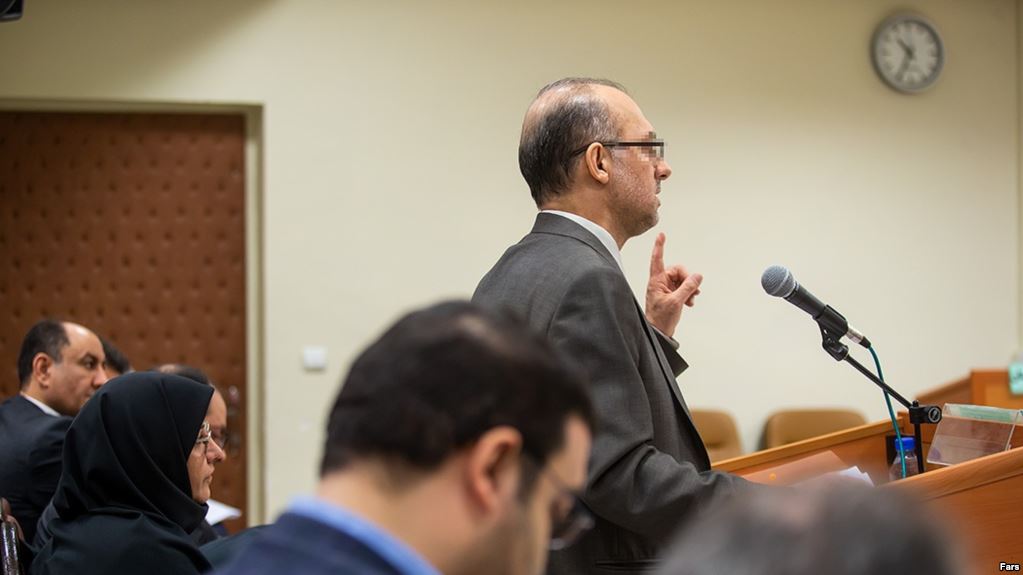14 March 2019
A statement made by the National Iranian Petrochemical Industries Company (NIPIC) on Wednesday March 13, revealed that the Petrochemical Commercial Company (PCC), has failed to return 500 million euros of its debts since 2013. The statement added that they paid for the exports in local currency, instead of euros to the government making illegal profits in the process. The suspects also kept the foreign currency resulting from exports in their own accounts, pocketed the interest on those sums. Altogether 14 people were charged in this corruption case.
The suspects sold the products by circumventing sanctions. It is not clear how much fee was agreed for their service.
One of the defendants Reza Hamzelou, the former managing director of the Iranian Petrochemical Commercial Company (PCC) alleged that the trial had unnecessarily disclosed the identity of a number of individuals involved in circumventing US sanctions and put their lives at risk.
The Ahmadinejad Government reportedly implemented procedures to bypass the sanctions. With the resulting lack of transparency, there was widespread embezzlement and mishandling of government funds. Most of the corruption cases are connected with diversion of government revenues from sales of oil and oil products.
Three of the suspects, including Sheikholeslami, live abroad. She reportedly left Iran for Canada without paying debts to the Revolutionary Guards financial conglomerate Khatam ol-Anbia. She is the wife of Mehdi Khalaji, a former cleric and a critic of the Islamic Republic, journalist and writer who has worked as a researcher at the Washington Institute for Near East Policy since 2005.
Reports are still emerging about her shady deals with the close associates of former President Ahmadinejad to her financial connections to the Revolutionary Guards to her bypassing of sanctions and her work with the Persian-language, Istanbul-based GEM satellite TV (which is much-despised by the Islamic Republic) to her marriage to a vocal supporter of sanctions against Iran.
In March 2019 Khalaji and his wife, Marjan Sheikholeslami Aleagha, were listed among the main suspects in the largest financial corruption case in Iranian history with a total amount of 6.7 billion euros. Khalaji and his wife are suspected that they made contracts with Islamic Revolutionary Guard Corps oil and gas company, Sepanir, and in order to bypass sanctions they used personal accounts which were used to embezzle money to United States and Canada.
Transferring money in and out of Iran is only part of what’s required to circumvent sanctions. The other part concerns selling sanctioned products including oil, gas and petrochemicals. To this purpose, a vast network of international middlemen is set up to find customers who are willing to pay cash. A potential customer would not enter into a shady deal unless the gains were tempting enough. Track Persia reported.
Iran: Petrochemical corruption scandal grips the country















